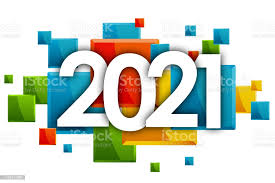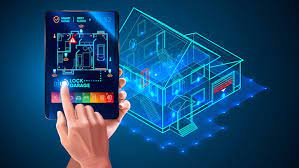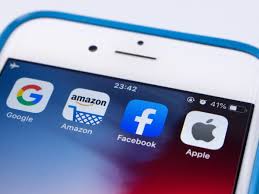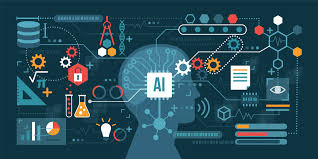Nuance Audio is a new option for people who resist traditional aids, from the company that makes Ray-Bans and operates LensCrafters.
Seekers of Meaning Podcast Posted Online March 7, 2025
What's Next Longevity Deal Talk Episode 32, January, 2025
Presentation: What's Next Longevity Venture Summit, June, 2025

 2021 – even less travel than previous – so for many, it was the best of times. Not just for Zoom,
2021 – even less travel than previous – so for many, it was the best of times. Not just for Zoom,  Smart home technologies are not part of the home care solution set.
Smart home technologies are not part of the home care solution set.  Apple gets it that its customers are aging – and have their devices. That was not always the case. Long ago, maybe as early as 2009, a query was placed to the analyst relations team at Apple to find folks to discuss Apple and technology adoption of older adults. The answer was: "Apple does not do aging." Then in 2010, on behalf of an AARP-sponsored research effort to contact a few of multiple Apple groups already involved one way or the other (Apple Health!), got no response to requests to interview execs that would have been interested based on their roles. That was then. Fast forward to 2021 and the fact that baby boomers have all the money (and many health issues, too). Note
Apple gets it that its customers are aging – and have their devices. That was not always the case. Long ago, maybe as early as 2009, a query was placed to the analyst relations team at Apple to find folks to discuss Apple and technology adoption of older adults. The answer was: "Apple does not do aging." Then in 2010, on behalf of an AARP-sponsored research effort to contact a few of multiple Apple groups already involved one way or the other (Apple Health!), got no response to requests to interview execs that would have been interested based on their roles. That was then. Fast forward to 2021 and the fact that baby boomers have all the money (and many health issues, too). Note  AI – it’s everywhere, including tech for older adults. So what is AI?
AI – it’s everywhere, including tech for older adults. So what is AI?